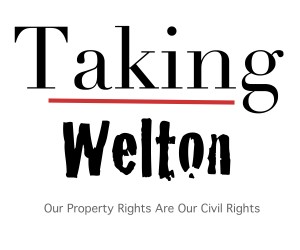What is eminent domain?
“Eminent domain, the government’s power to take private property for public use, is rooted in the Fifth Amendment. Typically, the government has invoked that power for public projects like schools and roads.
In 2005, the Supreme Court ruled 5-4 that governments could also take property and transfer it to private developers, arguing that a community’s economic growth was a justified “public use” under the Fifth Amendment. That case, Kelo vs. City of New London, alarmed many state governments — including Pennsylvania’s — which then changed their eminent domain laws to mostly forbid such a practice.
In Pennsylvania, eminent domain is generally limited to the state and municipal governments, but it can also be exercised by entities known as “public utilities,” a broad category that includes railroads and bus companies; water, oil, gasoline and natural gas suppliers; and sewage collectors, among others. Such public utilities generally only meet the definition if they supply their services directly to the public, which has emerged as a key point of dispute in the Sunoco controversy.”
Hill, Evan. AlJazeera 16 July 2014.
